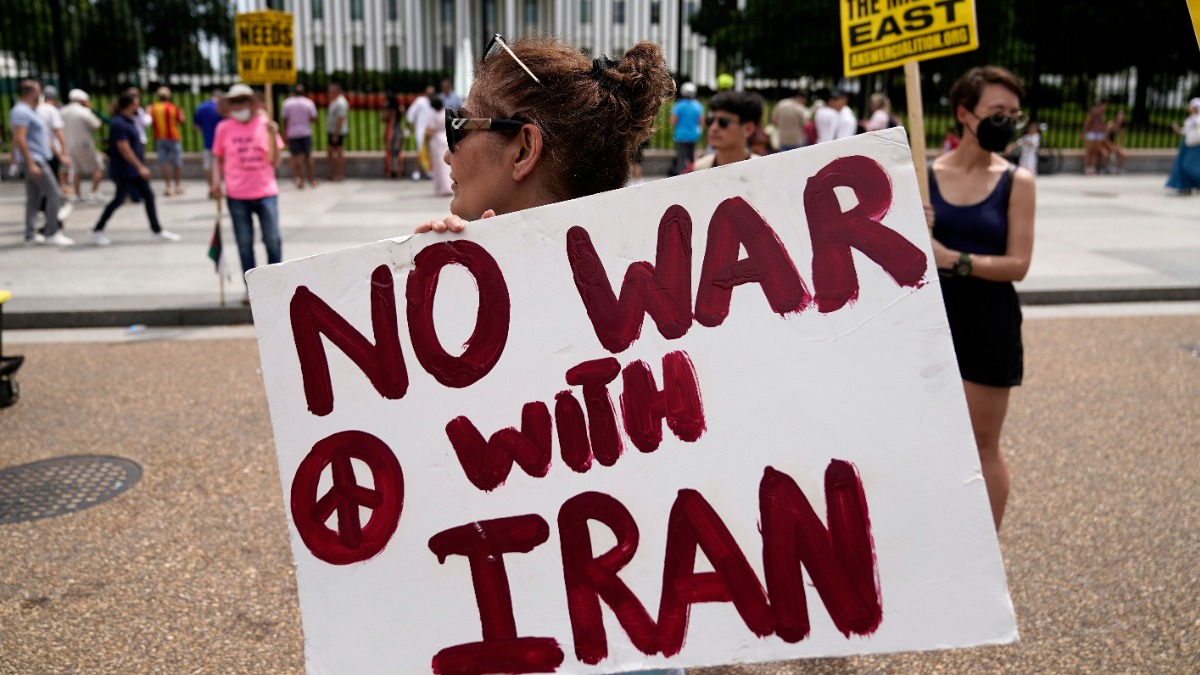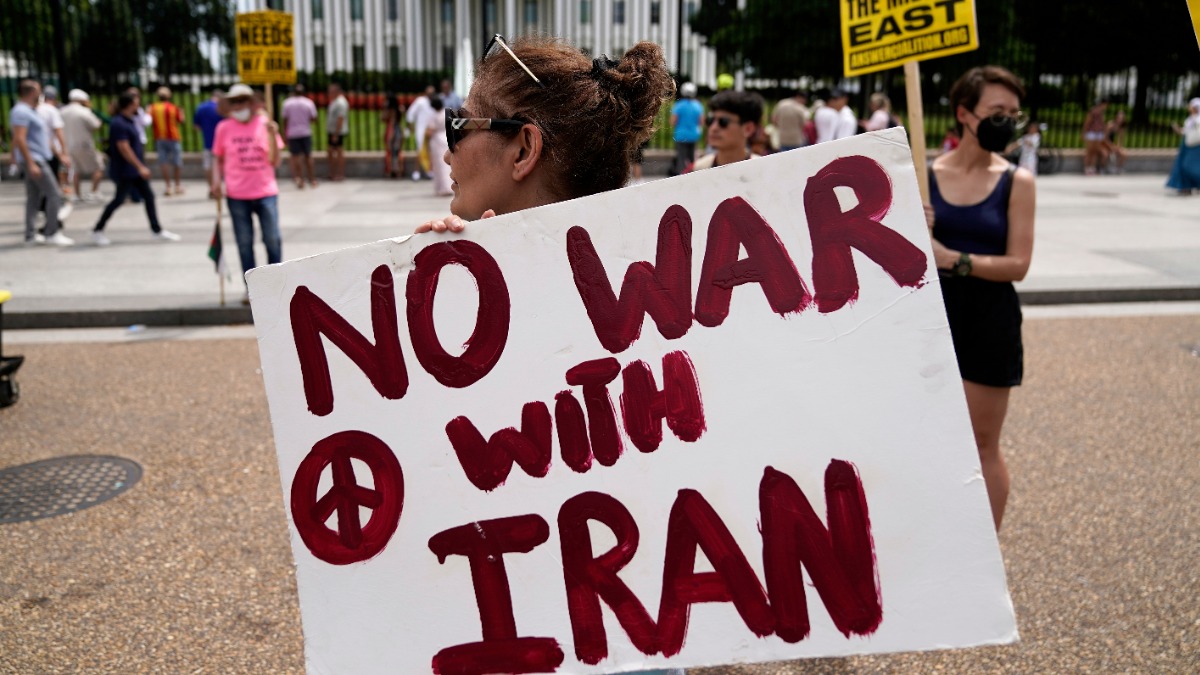Iran and US: Nuclear Talks on Shaky Ground Amid Rising Tensions
Welcome to the latest episode of the geopolitical thriller unfolding in the Middle East! Iran and the United States remain in contact regarding the nuclear program, but official talks? Forget about it — formal negotiations are not scheduled, and tensions are only escalating.
Contact, but no deal
Officials from both sides confirmed on June 26 that while there is “close communication” and contacts through various channels, no agreement or new negotiations are in sight. Iranian official Abbas Araghchi clearly stated that no agreement or arrangement has been reached to start new talks. Iran is currently “assessing the best national interests” and warns that speculation about negotiations should be taken seriously but not prematurely.
Attacks and escalation of conflict
The situation is explosive — Israel carried out attacks on Iranian nuclear targets on June 13, causing dozens of civilian casualties on both sides. The US retaliated on June 21 with airstrikes on three Iranian nuclear facilities in Fordow, Natanz, and Isfahan. This twelve-day conflict ended with a fragile ceasefire on June 24, but the damage is huge — Israel estimates the damage at three billion dollars.
Iran suspends cooperation with IAEA
In protest, the Iranian parliament unanimously passed a law suspending cooperation with the International Atomic Energy Agency (IAEA). The decision was confirmed by the Guardian Council, which is under the control of Supreme Leader Ali Khamenei. This means Iran is halting inspections and monitoring of nuclear sites, directly violating the Non-Proliferation Treaty (NPT).
Reactions from world powers
French President Emmanuel Macron warns that Iran’s exit from the NPT would be the “worst possible scenario” and calls for de-escalation and a return to diplomacy. Germany, the UK, and France jointly condemned Iran’s actions and urged Tehran not to destabilize the region. On the other hand, Russia and China condemn the US strikes as violations of international law and call for an end to aggression.
Who’s to blame? Everyone has their version
Iran claims its nuclear program is purely peaceful and accuses the IAEA of bias and cooperation with the West and Israel. The US and Israel claim Iran is violating obligations and that the nuclear program poses a threat to regional and global security.
What’s next?
As the world trembles at the possibility of conflict spreading, diplomatic channels remain open, but talks are far off. Iran and the US are in contact but without concrete agreements. World leaders call for peace, but tensions rise, and every new incident could be a trigger for catastrophe.
Conclusion
The Middle East is once again on the brink of chaos, and Iran’s nuclear program remains a stumbling block. Until negotiations conclude, the world can only hope reason prevails over war drums. What about you? Do you believe diplomats can prevent another war, or are we headed for another major crisis? Drop a comment and let your voice be heard in this global drama!
This text is a summary and analysis of current events based on available information from reliable sources.












